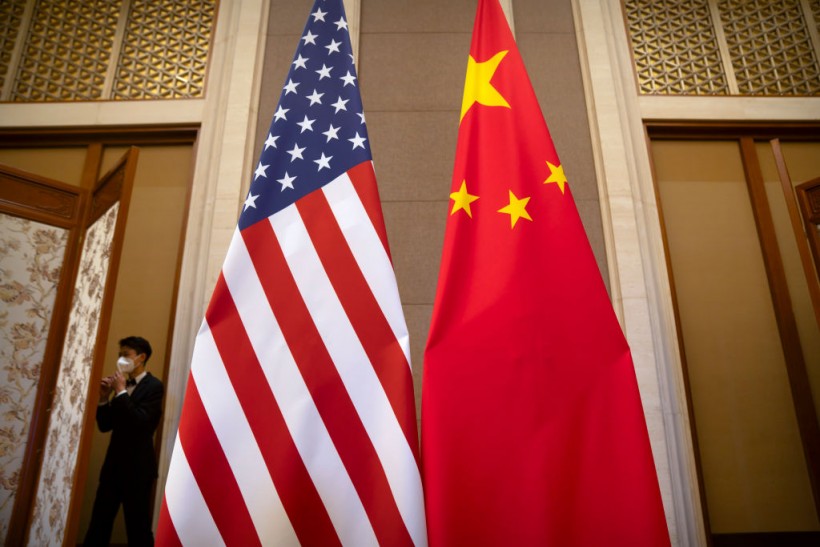Up until 2018, China attempted to hire top scientists with advanced degrees from outside as part of a lavishly funded effort that Washington saw as a threat to American interests and technological dominance.
According to three sources with knowledge of the matter and a Reuters review of more than 500 government documents spanning 2019 to 2023, China quietly revived the Thousand Talents Plan (TTP) under a new name and format as part of a larger mission to accelerate its tech proficiency two years after it stopped promoting it amid U.S. investigations of scientists, according to Reuters.
The three sources said it includes benefits including home purchase subsidies and standard signing bonuses of 3 to 5 million yuan, or $420,000 to $700,000.
At various levels of government, China runs talent initiatives that are aimed at a combination of Chinese and international specialists. According to national and local policy documents, online job postings, and a person with firsthand knowledge of the situation who, like others, spoke on the condition of anonymity due to the sensitivity of the subject, Qiming, a program run by the Ministry of Industry and Information Technology, is the primary replacement for TTP.
China's Aim to Achieve Semiconductor Self-Reliance
President Xi Jinping has emphasized China's need to attain semiconductor self-reliance in light of U.S. export restrictions, which has sparked a race to recruit tech expertise. U.S. regulations are implemented. In addition to other restrictions, the Commerce Department in October restricted American citizens and legal permanent residents from aiding the development and manufacturing of sophisticated chips in China.

(Photo: by Mark Schiefelbein - Pool/Getty Images)
BEIJING, CHINA - JULY 08: A staff member wearing a face mask walks past the United States and Chinese flags set up before a meeting between Treasury Secretary Janet Yellen and Chinese Vice Premier He Lifeng at the Diaoyutai State Guesthouse on July 8, 2023, in Beijing, China.
Questions about Qiming received no response from either the ministry or the China State Council Information Office. According to the state-run Xinhua news agency, China has previously stated that its international hiring efforts under the TTP aimed to develop an innovation-driven economy and encourage talent mobility while safeguarding intellectual property rights.
According to two of the people, Qiming, or Enlightenment, recruits from scientific and technological domains that include "sensitive" or "classified" areas, like semiconductors. The sources claimed that this was because it was more sensitive than its predecessor because it does not announce recipients and is not present on websites run by the national government.
In several of the documents, Qiming is mentioned alongside Huoju, also known as Torch, an ongoing project of the Ministry of Science and Technology that aims to establish tech company clusters. An inquiry for comment was not answered by the ministry.
According to two of the sources and another source with knowledge of the situation, Qiming also works in parallel with hiring drives supported by the government and carried out by Chinese semiconductor companies as well as municipal and provincial agencies. Reuters was unable to independently identify the implicated companies.
The United States has long accused China of stealing technology and intellectual property, which Beijing has denied as being politically motivated.
University researchers who receive funding from the U.S. government to conduct research risk breaking the law if they fail to disclose affiliations with Chinese organizations, share proprietary information without authorization, or violate export regulations, according to U.S. officials, even though talent poaching is legal in the country.
In order to assist in the recruitment of 5,000 foreign researchers for Chinese businesses, headhunting company Hangzhou Juqi Technology placed an advertisement on the academic social network ResearchGate in March asking for persons with doctorates from prestigious universities and experience at Fortune 500 organizations.
Related article: China Tells Stakeholders To Uphold Open Semiconductor System as US Tries To Strangle Supply Chains








